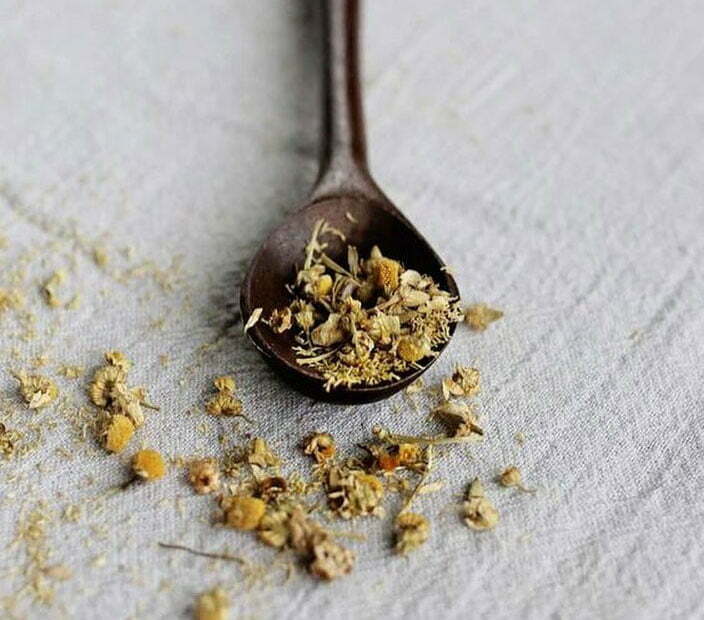Does Chamomile Tea Stain Teeth?
Chamomile tea has long been beloved for its calming effects and sweet, floral taste. Its popularity can be traced back to the Ancient Egyptians and Romans, who used it to treat a variety of ailments. Today, chamomile tea is widely consumed throughout the world as a natural remedy for a range of physical and mental health issues, such as insomnia, stress, indigestion, headaches and more. Aside from its healing properties, chamomile tea has also been found to have certain benefits for oral health. While it can help to soothe sore gums and reduce inflammation, some people worry that it may stain their teeth. So, does chamomile tea really cause teeth staining?
Does chamomile tea stain teeth?
Chamomile tea, while beneficial to your health and wellbeing, it can also have a negative impact on the appearance of your teeth. That’s because chamomile tea has a tendency to stain teeth, making them appear yellow or discolored. The culprit behind this staining is the tannins present in chamomile tea. Tannins are compounds that can penetrate the enamel of your teeth and cause discoloration. Additionally, if you happen to have a history of enamel erosion or a weakened enamel, the staining effects can be even more pronounced.
[ruby_related heading=”More Read” total=3 layout=1 offset=5]
What to do if your teeth are already stained
Fortunately, there are ways to prevent your teeth from staining due to chamomile tea. For starters, drinking your tea with a straw can help keep the liquid away from your teeth and reduce the chances of staining. Additionally, brushing your teeth shortly after drinking chamomile tea can help remove any tannins that may have accumulated on your teeth. Finally, opting for a lighter chamomile tea may also reduce the risk of staining since it contains fewer tannins.

FAQs
Which tea does not stain your teeth?
White tea, yerba mate, and rooibos tea are all great choices for avoiding staining teeth, as they contain very low levels of tannins.
Which teas stain your teeth the most?
Black tea contains the highest levels of tannins, so it is likely to cause the most teeth staining. If you are looking for a less-staining alternative, green or white tea may be a better choice.
How do you protect your teeth from tea stains?
Some ways to protect your teeth from tea stains include drinking your tea through a straw, brushing your teeth after consuming the tea, and opting for lighter teas with lower levels of tannins. Additionally, using a natural teeth whitening product that specifically targets tea stains can also be effective in restoring your teeth’s natural whiteness.
Are tea stains on teeth permanent?
It is possible to remove tea stains from teeth with regular brushing and flossing. If you find that the staining persists, a professional teeth whitening treatment can also help to restore your teeth’s natural whiteness.
What can I drink that won’t stain my teeth?
Aside from the above-mentioned teas, water is always an excellent choice for keeping your teeth healthy and white. Additionally, plain milk or unsweetened almond milk can also help to keep your teeth free from stains.
Is tea worse than coffee for staining teeth?
Coffee and tea both contain tannins which can cause teeth staining. However, coffee is generally considered to be more likely to stain teeth than tea, due to the higher levels of tannins in coffee. While both drinks can cause tooth staining, it’s important to practice good oral hygiene to keep your teeth looking their best.






